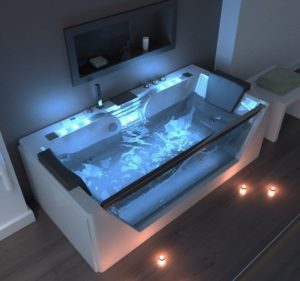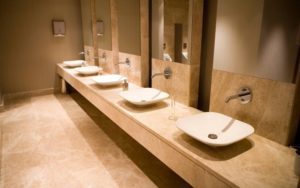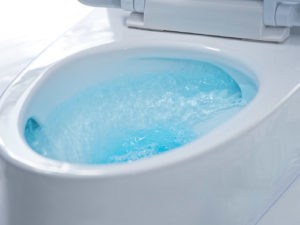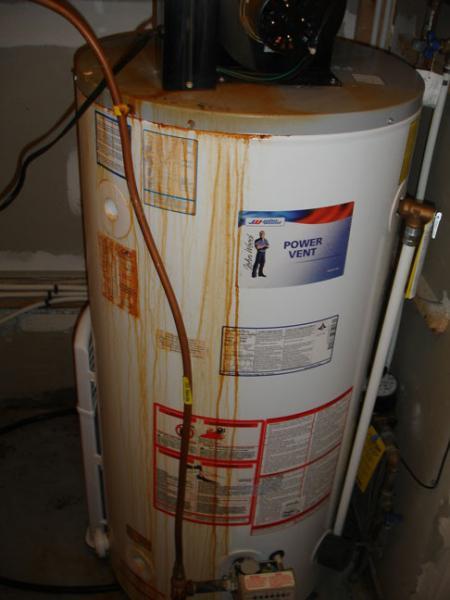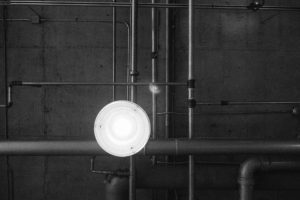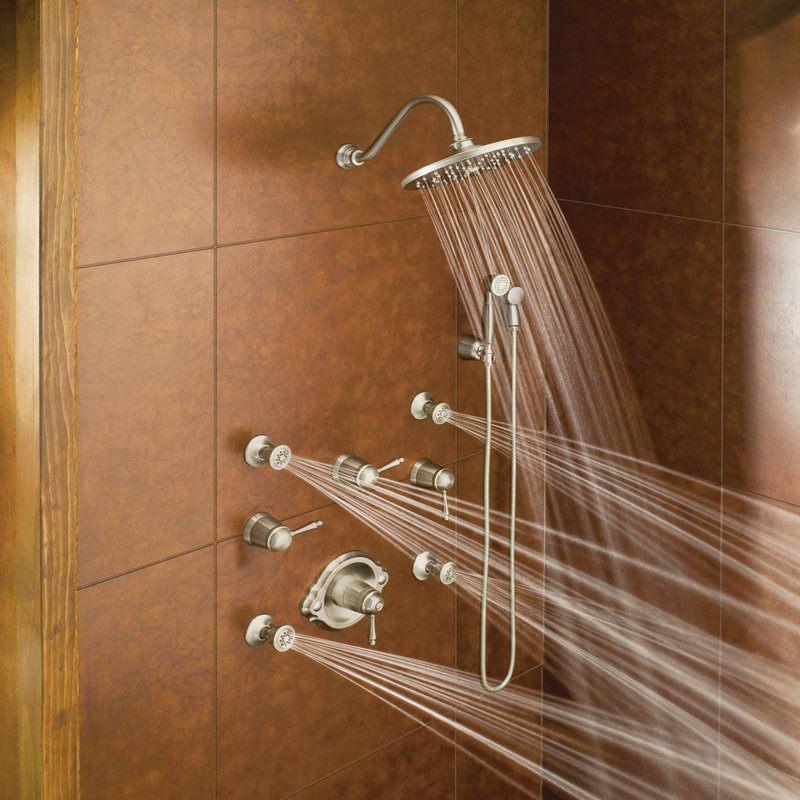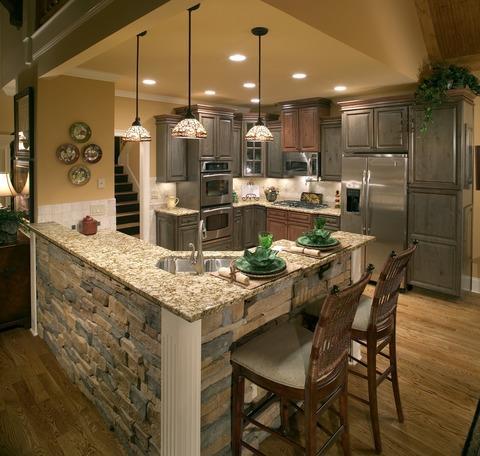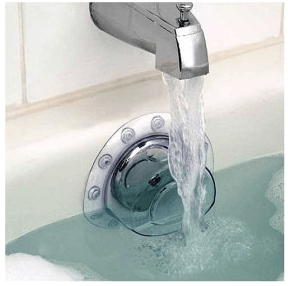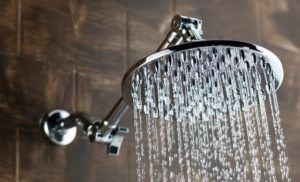One of the most important considerations when buying a water heater is the type of energy or fuel it will use. There are several factors that come into play when thinking about the fuel type of a water heater. For starters, you have to consider the availability of that type of fuel — relative to your locality and the specific installation needs. Secondly, you need to consider the cost of that energy type and compare it with other energy options relative to the initial cost and subsequent operating costs. Finally, the type of fuel will determine the energy efficiency of the water heater; and hence will play a huge role in your decision regarding the size of the water heater you are going to buy.
With all these factors in mind, you might need some assistance when shopping for a new or replacement water heater in your locality. Contact and consult any reliable plumber that provides DC emergency plumbing services and water heater repair and installation services for an informed discussion on this issue. Start by comparing the energy efficiency and resultant operating costs of all the fuel types available in your area. For instance, you will find that an electric heat pump water heater is usually more energy efficient and hence cheaper to operate than an electric or a gas-fired conventional storage water heater. This is despite the fact that local natural gas costs are typically cheaper than electricity. To start with, you need basic knowledge regarding the most common fuel types that are available for water heaters in the United States today.
Electricity
This is the most widely distributed energy source for water heaters in the U.S. Electricity is used to power most types of water heaters including conventional storage, tankless, and heat pump water heaters. Moreover, electricity is also used to power combination water and AC systems, such as tankless coil and indirect water heaters. Although you might focus only on the construction types of water heaters, you should also consider the local fuel costs and rates before making a decision.
Fuel Oil
This energy source is available in select areas of the United States. Fuel oil is used to power conventional storage water heaters and indirect combination water and space heating systems. Before going any further with this option, you should start by inquiring its availability in the region where you want to install the water heater.
Geothermal Energy
Geothermal energy is available throughout the United States in homes that use geothermal heat pump AC systems. These systems draw heat from the ground during winter and from indoor air during summer to warm and cool the house. To heat water, geothermal heat pump AC systems are fitted with specially designed heat exchangers. This energy source is suitable for powering tankless or demand-type water heaters during the summer and conventional storage water heaters during the colder winter, spring, and fall seasons.
Natural Gas And Propane
Natural gas and propane are available in many areas of the United States. They are used to power conventional storage and tankless/instantaneous water heaters. They can also be used to fuel combination water and AC systems, such as tankless coil and indirect water heaters.
Solar
Like electricity, solar energy is available throughout the United States; however, it is most abundant in the Southwest. Ranked among the most energy efficient water heaters, solar is used to power solar water heaters. Although it’s clean, free and renewable, it requires substantial initial costs.
http://plumberindc.com/5-fuel-types-that-are-used-to-power-water-heaters/